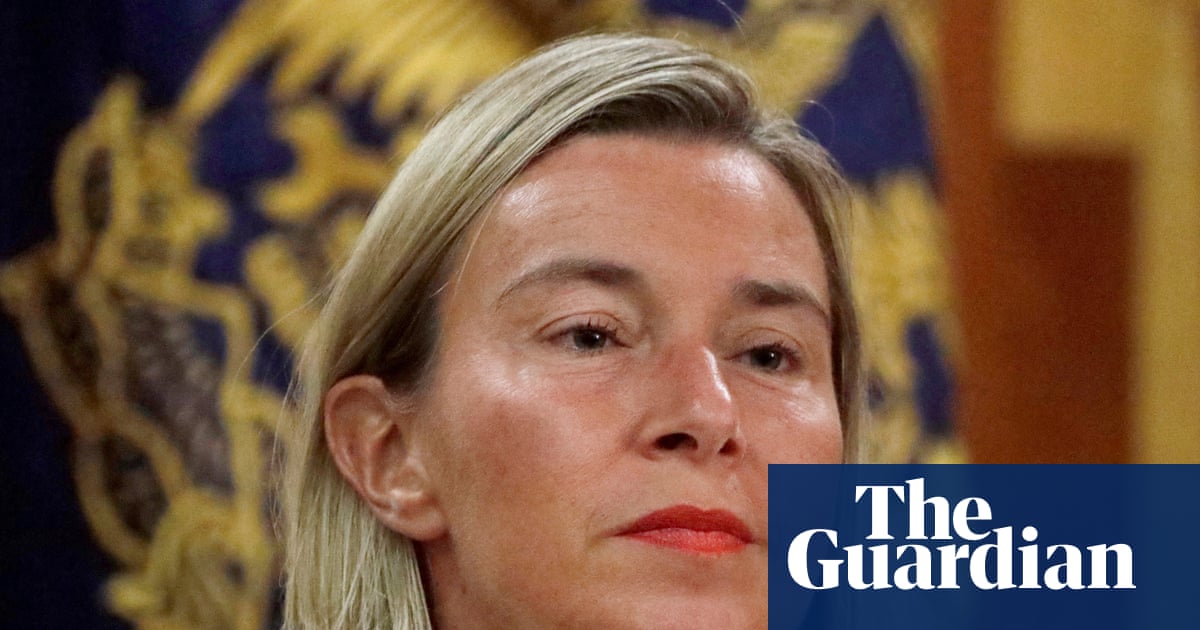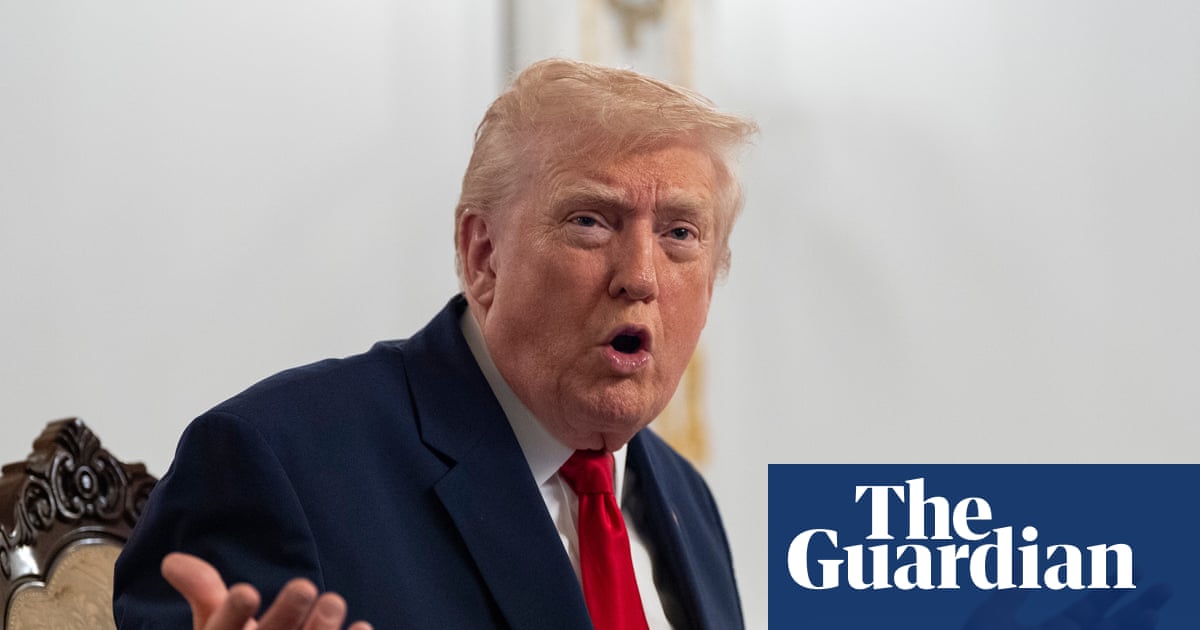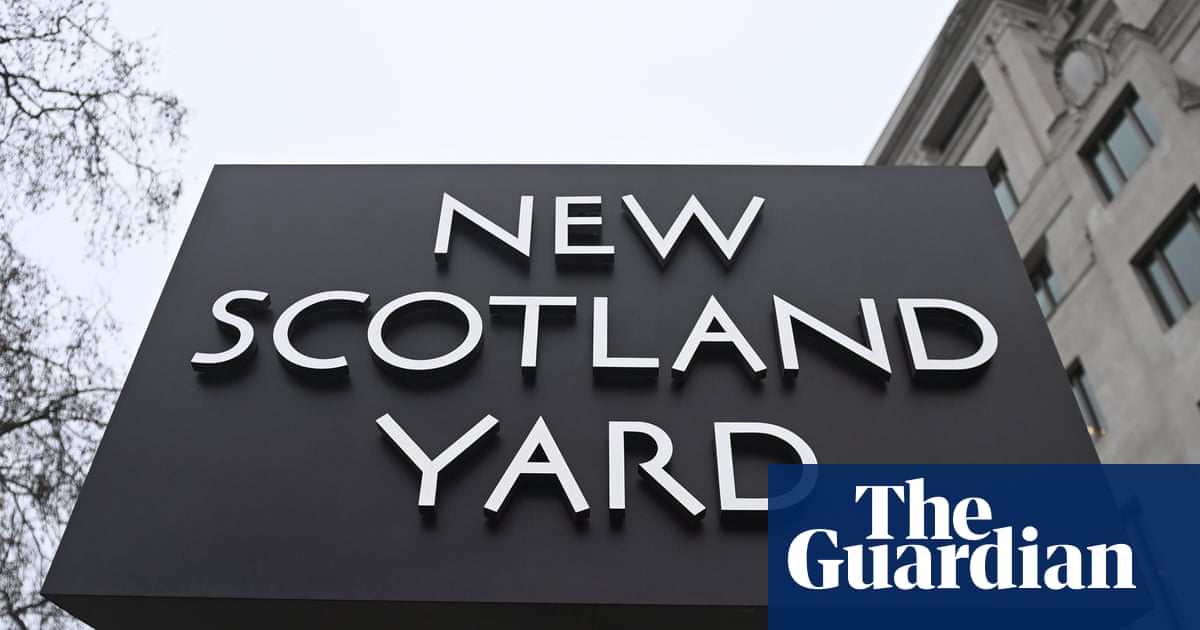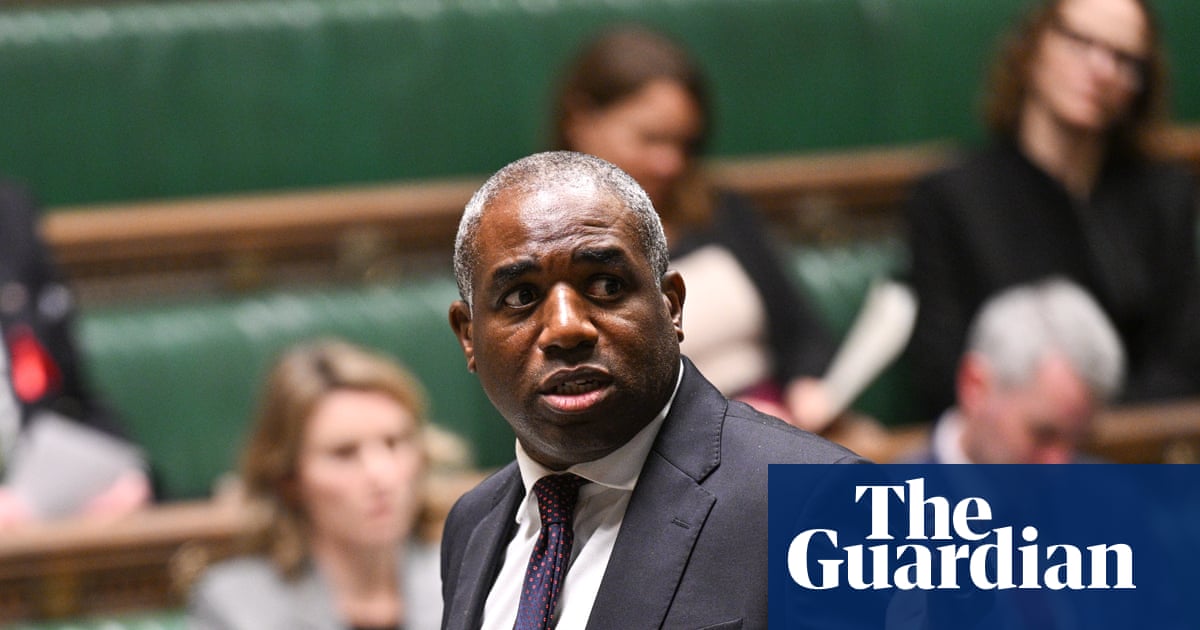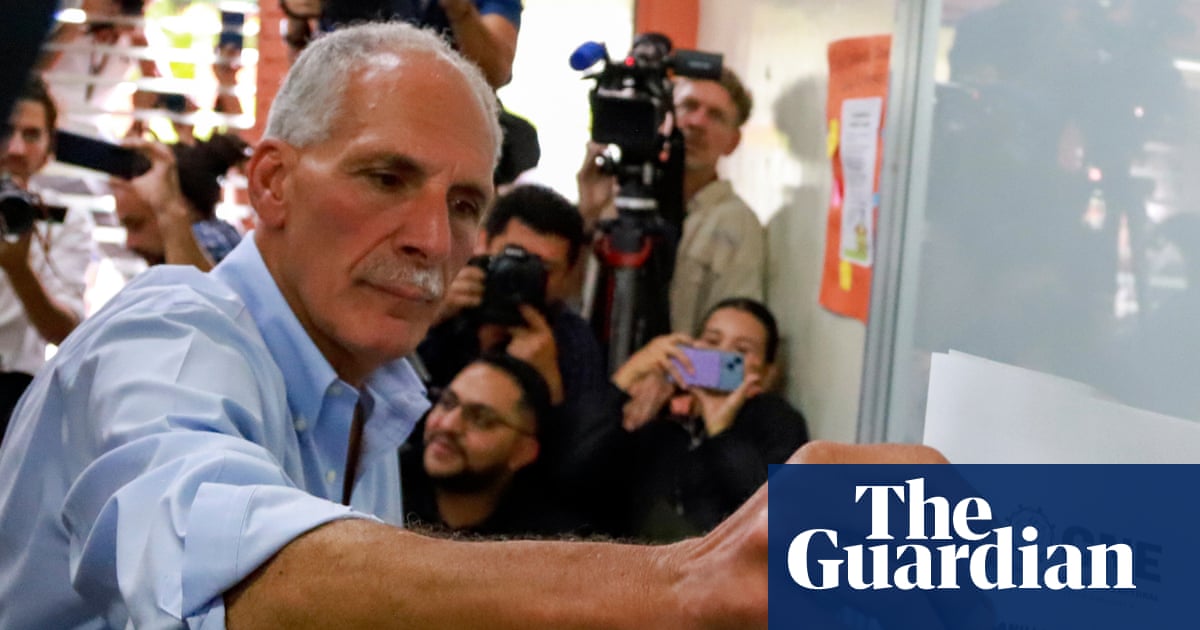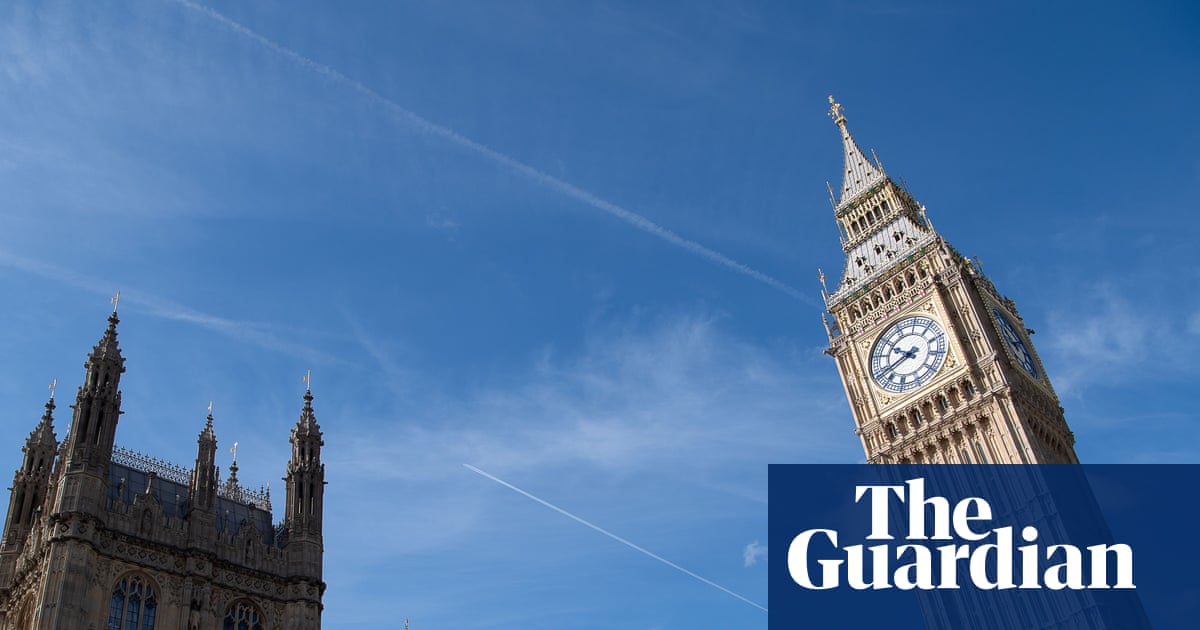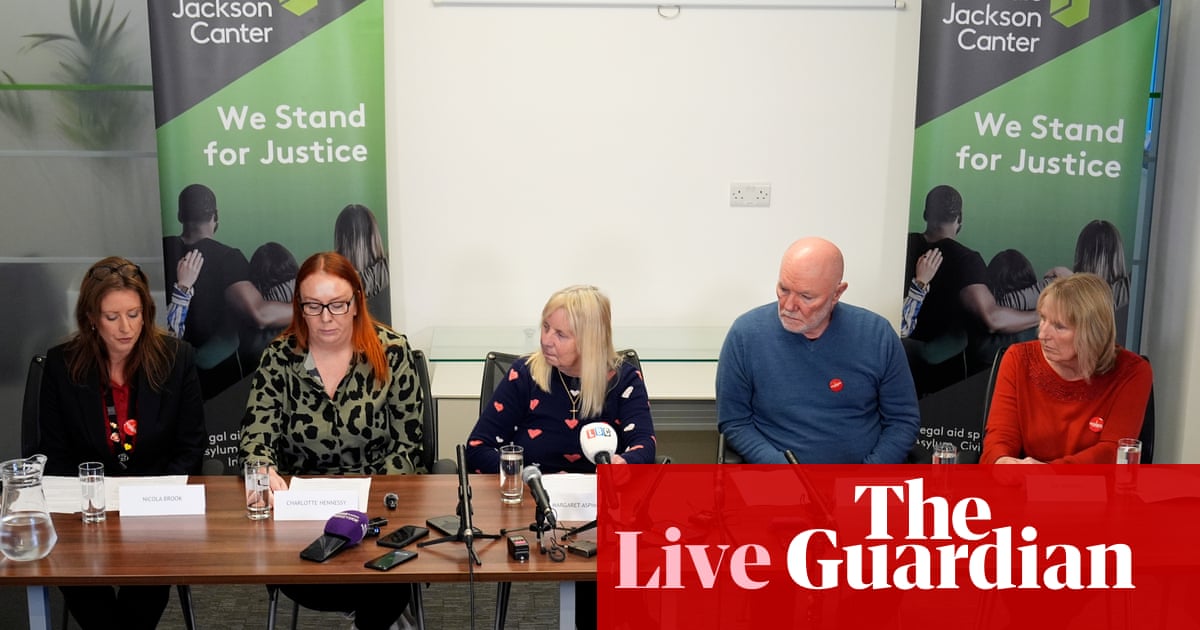Labour’s radical reorganisation of the NHS has descended into chaos, a union has said, as a huge programme of job cuts has been halted amid a row over who will foot the £1bn bill.
The NHS’s 42 integrated care boards (ICBs) in England were due to make up to 12,500 of their 25,000 staff redundant by the end of the year as a result of health service cost-cutting.
But growing numbers of ICBs have had to pause their plans to reduce their workforce because they cannot afford to cover the costs involved, which are as high as £42m each.
Jon Restell, the chief executive of Managers in Partnership, which represents many ICB staff, said: “The redundancy bill will be eye-watering and well beyond the means of ICBs, even before their budgets are slashed by up to half. The government will have to pick up the tab.
“Our members are increasingly distressed and desperate for answers. ICBs are keeping staff informed as best they can but there isn’t much they can say amidst the chaos.”
NHS England is in talks with the Department of Health and Social Care (DHSC) over a plea from ICB leaders for an emergency cash injection from the Treasury to cover severance payments. Planned job cuts have been postponed until, it is hoped, the discussions end the uncertainty.
Health unions say ICB staff have been left anxious, confused and in limbo because they do not know how long they will have a job for, with some so stressed that they are having to take time off sick.
NHS England told the 42 ICBs in March to cut their running costs by 50% as part of a drive to “reset” its finances and Wes Streeting’s restructuring of the health service. ICBs – regional NHS bodies – should have finalised which staff they were losing by the end of December.
But many ICBs have called off their redundancy programmes because they cannot meet the costs involved without overspending this year’s budgets, which they have been instructed to stick to and which were set before layoffs were planned. They have warned that they cannot start getting rid of what is expected to be between 300 and 400 staff each until they have the money to do so.
For example, North East and North Cumbria ICB has said its plan to consult on layoffs “has not been able to get under way due to the projected cost of potential redundancy not being able to [be] met in 2025-26”.
Its chief executive, Sam Allen, explained in a paper to her board: “Commencing the consultation without clarity from NHS England on the funding of the redundancy costs associated with implementing this nationally mandated requirement would add increased risk to the delivery in the integrated care system [financial] plan.”
An array of other ICBs have also paused their consultation processes, including those covering south-west London, South Yorkshire, West Yorkshire and Humber and North Yorkshire, because they do not know if they can underwrite the estimated £1bn redundancy costs.
ICBs in Lincolnshire, Derbyshire, Nottinghamshire, Northamptonshire and Leicestershire expect to continue shedding personnel during 2026-27, even though all ICBs’ budgets for next year – which are already set – assume that workforces will already have been almost halved by then.
after newsletter promotion
Dr Kathy McLean, the chair of the Nottingham and Nottinghamshire ICB, recently warned ministers that months of work by ICBs to prepare for being restructured into a much smaller number – 15 “clusters” and 11 ICBs – had “come to a standstill” over the costs involved.
Helga Pile, the union Unison’s head of health, said: “The standoff between the Treasury and NHS England over who’ll pay for redundancies just adds to workers’ sense of worry and anxiety. The handling of the situation has been a shambles. Meanwhile staff are left in limbo, not knowing if they’ll have jobs next year.”
Tensions over the layoffs have been exacerbated by claims by ICB leaders that NHS England initially indicated it would pick up the tab. NHS England’s chief executive, Jim Mackey, has denied that. He told MPs on the Commons health and social care committee on 9 September that “we never said there was a central pot of money” ICBs could dip into.
However, Glen Burley, NHS England’s financial reset director, indicated at the same hearing that given the confusion around the job losses and slow progress so far, “we will have to be flexible” on the edict to ICBs to halve their running costs by the end of 2025.
DHSC has been approached for comment. An NHS England spokesperson said: “ICBs have worked flat out to identify savings that can be reinvested back into patient care, and a number of them have well-developed plans in place for restructuring which we are supporting them with.”

.png) 2 months ago
51
2 months ago
51


